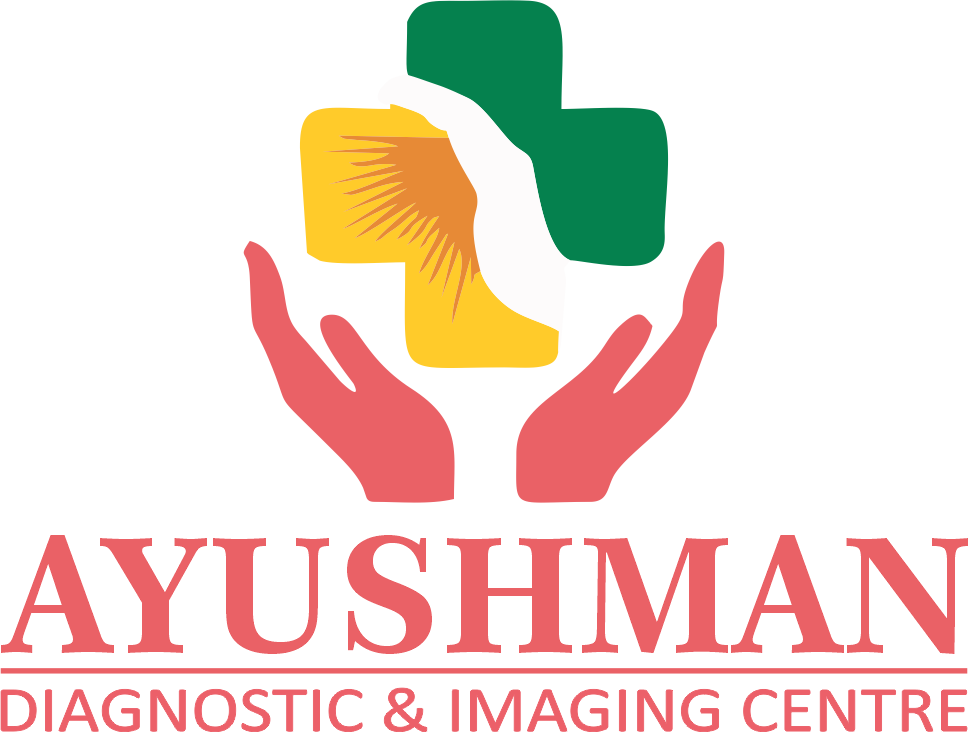Hepatitis C is a severe liver condition stemming from the hepatitis C virus (HCV). This infection can silently progress for years, potentially leading to liver damage and even liver failure. The good news is that Hepatitis C is highly treatable, and early detection is crucial for successful treatment and preventing complications.
This blog post delves deeper into the HCV test in Dwarka, a vital tool for identifying HCV infection.
What is a HCV test in Dwarka?
The HCV test in Dwarka, also known as the anti-HCV test, is a blood test used to detect antibodies produced by your body’s immune system in response to an HCV infection. When you come in contact with the virus, your body creates these antibodies to fight it off.
When is the Test Recommended?
This test is recommended in various situations:
- Symptoms of Viral Hepatitis: If you experience symptoms like fatigue, nausea, abdominal pain, or jaundice (yellowing of the skin and eyes), your doctor may recommend hepatitis tests, including the antibody test, to determine the cause.
- High-Risk Factors: If you have any risk factors for HCV infection, such as:
- Sharing needles or syringes with someone who has HCV
- Receiving a blood transfusion or organ transplant before 1992 (when routine HCV screening began)
- Having long-term hemodialysis for kidney failure
- Having a history of intravenous drug use
- Getting a tattoo or piercing using non-sterile equipment
- Potential Exposure: If you believe you may have been exposed to HCV, for instance, through a needle stick injury or accidental contact with infected blood.
What Does the Test Measure?
The test specifically detects antibodies against the hepatitis C virus. A positive result indicates that your body has encountered the virus at some point in your life. However, it doesn’t necessarily mean you have an active infection.
What Happens After the Test?
- Positive Antibody Test: If your antibody test is positive, a follow-up test called the Hepatitis C RNA test is necessary. This test looks for the actual viral genetic material (RNA) in your blood, which confirms an active HCV infection and determines the need for treatment.
- Negative Antibody Test: A negative test result indicates you likely haven’t been exposed to the virus. However, depending on your risk factors, your doctor may recommend repeating the test in the future.
Test Logistics:
- Turnaround Time: The test results are typically available within 24 hours after the blood sample is collected.
- Frequency: The frequency of testing depends on your risk factors and is determined by your doctor.
- Sample and Timing: A blood sample is required, and fasting is not necessary. The test can be conducted at any point throughout the day, and no specific precautions are required beforehand.
Getting Tested in Delhi
Get tested quickly and comfortably in your own home with Ayushman Diagnostic and Imaging Centre, Delhi’s leading provider of diagnostic services.
Here’s why Ayushman is your perfect choice:
- Fast and Easy Testing: Order your tests online or by phone from anywhere in Delhi.
- Trusted Professionals: A trained, professional, and vaccinated e-Medic will visit you at your chosen time to collect your sample.
- Safe Sample Handling: Your sample will be securely transported while maintaining optimal temperature to ensure accurate test results.
- NABL-Accredited & ICMR-Approved Lab: Our state-of-the-art lab meets the highest national standards for quality and reliability.
- Faster Results: Receive your test results quickly and securely online.
Choose Ayushman for the HCV test in Dwarka, a stress-free and efficient testing experience.
Early Detection Saves Lives
Hepatitis C infection can be effectively treated with medication, but early detection is key. The HCV test in Dwarka is a valuable first step in identifying potential infection and getting the treatment you need to protect your liver health. If you have any concerns about Hepatitis C or its risk factors, consult your doctor to discuss testing options.

